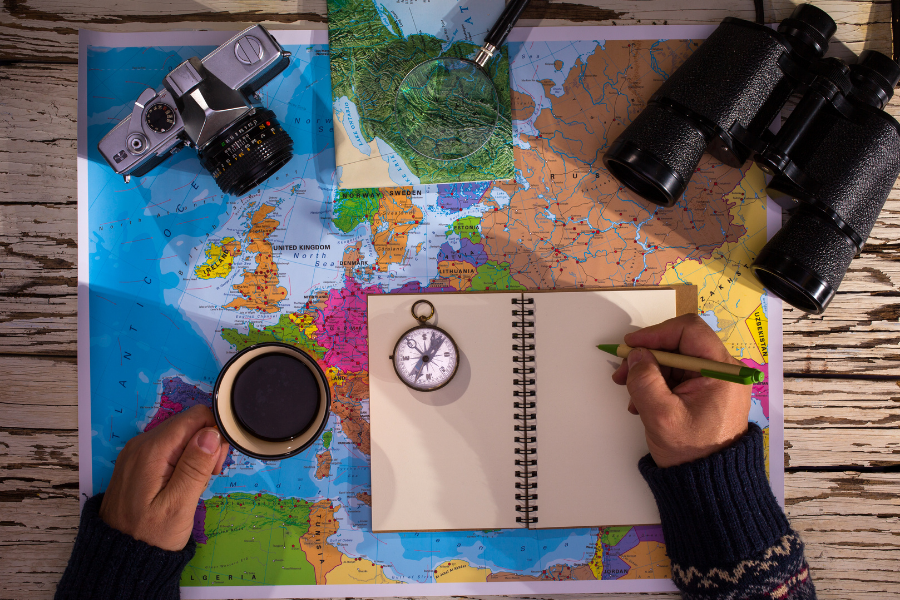Planning a vacation is an exciting but sometimes overwhelming task. Holiday configuration, holiday configurator, or travel planning, is the process of designing and organizing your trip. Proper planning can make all the difference between a mediocre trip and a truly unforgettable experience. Here are some tips to help you configure your holiday and make the most of your trip.
- Define your goals and priorities: Before you start planning, think about what you want to achieve from your holiday. Do you want to relax and unwind, explore new cultures, try adventurous activities, or all of the above? Once you have a clear idea of your goals, you can prioritize your activities and destinations accordingly.
- Determine your budget: Your holiday configuration should also take your budget into account. Determine how much you can afford to spend on your trip, including transportation, accommodations, activities, and meals. This will help you make informed decisions about your itinerary and avoid overspending.
- Research your destination: Researching your destination is an essential part of holiday configuration. Find out about the local culture, customs, climate, and attractions. This will help you choose the best time to travel, decide on the most interesting places to visit, and prepare for any cultural differences you may encounter.
- Plan your itinerary: Once you have a clear idea of your goals, budget, and destination, it’s time to plan your itinerary. Decide on the duration of your trip, the places you want to visit, and the activities you want to do. Make sure to leave some flexibility in your schedule for unexpected events and opportunities.
- Book your accommodations and transportation: After you’ve planned your itinerary, it’s time to book your accommodations and transportation. Look for deals and promotions that can help you save money on your trip. Consider booking your flights and accommodations together for even more savings.
- Look for local events and festivals: One of the best ways to experience a new destination is to attend local events and festivals. These events can provide a unique insight into the local culture and traditions. Look for events such as music festivals, food fairs, art exhibits, and sporting events. Check local event calendars, tourism websites, and social media for up-to-date information on events happening during your trip.
- Plan for entertainment: In addition to local events and festivals, plan for other forms of entertainment during your trip. This could include visiting popular attractions, such as museums, amusement parks, and landmarks, or enjoying local nightlife, such as bars, clubs, and restaurants. Research your options and decide on the activities that interest you the most.
- Consider tours and guided experiences: Tours and guided experiences are a great way to learn more about your destination and have a unique and immersive experience. Look for guided tours of historical sites, walking tours of the city, or food tours to sample local cuisine. Many tour companies also offer customized tours to fit your interests and preferences.
- Leave room for relaxation: While it’s important to have a packed itinerary, it’s also important to leave room for relaxation. Schedule some downtime to enjoy the amenities of your hotel or resort, or simply explore the city at your own pace. This will help you avoid burnout and enjoy your trip to the fullest.
In conclusion, holiday configuration and event planning are important components of any vacation. By defining your goals and priorities, determining your budget, researching your destination, planning your itinerary, booking your accommodations and transportation, looking for local events and festivals, planning for entertainment, considering tours and guided experiences, and leaving room for relaxation, you can configure your holiday to include the perfect blend of activities and relaxation.



0 Comment